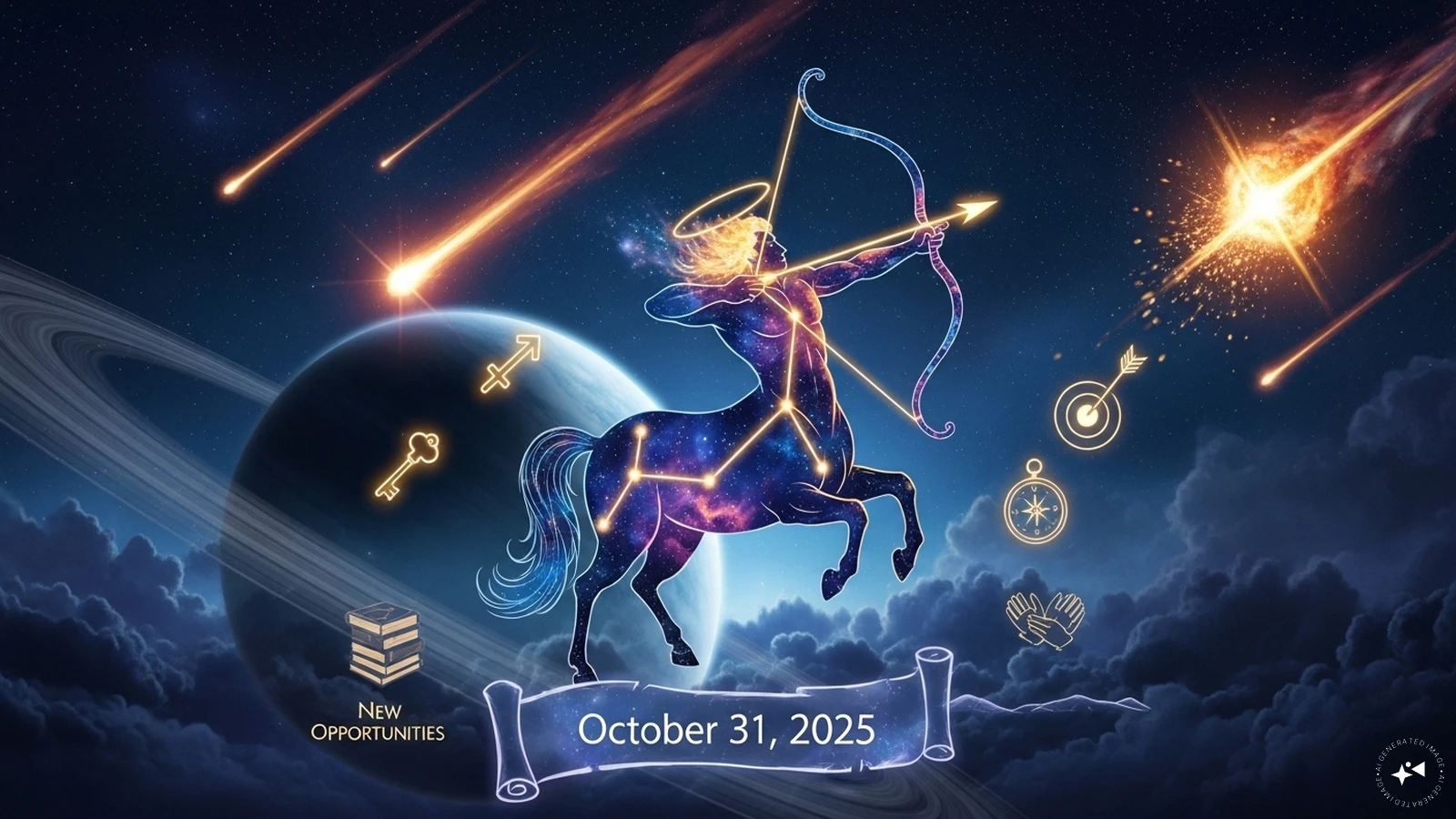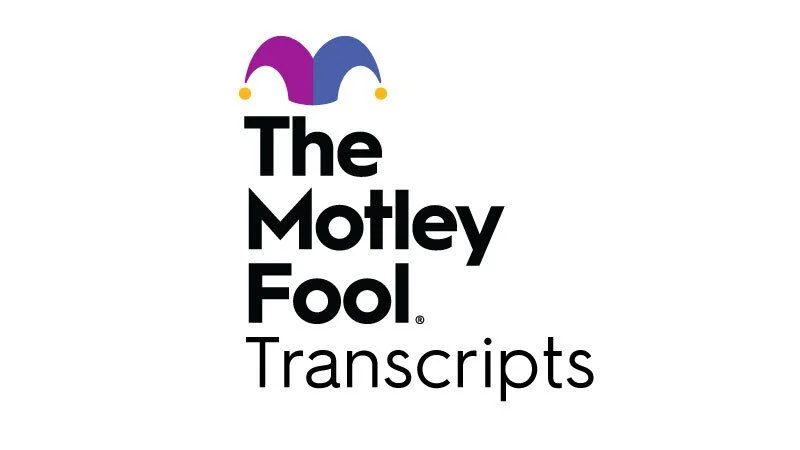Copyright forbes

AI workslop decreases productivity instead of optimizing it You’ve used ChatGPT to create a few smart “thought leadership” posts on LinkedIn, and composed what you imagined were thoughtful comments under the posts of other experts on the platform. And now, you think that makes you an expert, credible enough to include “ChatGPT” as a skill on your resume. Well, I have a newsflash for you: sorry, you’re totally wrong. It doesn’t take any skill at all to enter a prompt into ChatGPT and generate an output that looks halfway decent. Yet this is precisely what I’ve seen thousands of professionals already doing--so much, to the extent that it’s now given a name: AI slop. AI slop is essentially when you mass create content, but you prioritize speed and quantity over quality. The result is overly used, cliched, robotic phrases, cringey comparisons that are perhaps the biggest giveaway that you’ve used Gen AI without question (think “it’s not X, it’s Z”), and lack of originality and substance that is detrimental to your credibility as a professional. Then there’s another kind of AI slop, referred to as AI workslop, which, at its core, conveys the same idea, just within a professional work context: “We define workslop as AI generated work content that masquerades as good work, but lacks the substance to meaningfully advance a given task,” Harvard Business Review says. HBR further details how this happens: “As AI tools become more accessible, workers are increasingly able to quickly produce polished output: well-formatted slides, long, structured reports, seemingly articulate summaries of academic papers by non-experts, and usable code,” they explain. “But while some employees are using this ability to polish good work, others use it to create content that is actually unhelpful, incomplete, or missing crucial context about the project at hand.” MORE FOR YOU Unfortunately, this forces the recipient of the work to spend more time figuring out what actually happened and remedying the damage, than actually moving on and progressing through the project. As a result, your boasted claims of “optimized productivity” because of AI are actually unfounded because you’ve just sabotaged creativity and productivity by taking what initially appears to be the easy way out. 3 ChatGPT Prompt Skills You Need In 2026 True, generative AI skills can bump up your salary as much as 47%, even in non-tech professions (Indeed). But the professionals who see the greatest returns in their career and business, and are at the highest competitive advantage as far as using AI tools is concerned, usually possess these three skills which enable them to use ChatGPT the right way for work, and make them stand out. These in-demand ChatGPT skills are: 1. Critical Thinking And Evaluation Skills In a talk delivered recently by John Bates, senior manager for the Cybersecurity & Responsible AI practice, Ernst & Young at the ISC2 Security Congress last week, he cited a very startling statistic: about 35% of employees are paying for their own AI tools, and even worse, an estimated 41% of Gen Z workers are sabotaging their company’s AI strategy. With more than a third of the workforce using AI unbeknownst to their employer, this results in “shadow AI” which in itself carries severe security risks and ethical implications. As a worker, whether freelance or employee, it’s your responsibility to ensure you manage your use of AI tools in your work environment, and activate your critical thinking skills by looking beyond the surface. Carefully evaluate the AI output to ensure ethics are upheld: no bias, inaccuracies or complete fallacies, references that do not exist, completely misleading or half-delivered information, etc. And as a manager or leader, it falls to you to ensure that you check the progress of shadow AI by collaborating with your information security department and AI focus group to protect as far as possible against unauthorized and unethical AI tool usage. This includes having humans in the loop at pre-determined checkpoints, especially if using AI agents. As a high-profile example of what happens when this skill is not exercised, consider Deloitte’s recent costly AI fallout after it had to partially refund the Australian government for its $440,000 report because it was riddled with factual errors and inconsistent claims. Using AI without critical thinking skills risks serious damage to your career reputation 2. Communication Skills If you didn’t know how to communicate effectively before ChatGPT was launched, you certainly won’t gain this skill overnight now. ChatGPT will not replace human connection and communication skills. Remember, it can only amplify what you already have. Communication skills and the psychology behind negotiation, persuasion, and establishing/maintaining relationships and building rapport will forever be human-centric skills that can never be entirely replaced by a robot. If you don’t understand the meaning, purpose, and effect behind your words, your marketing and outreach campaigns, sales pitches, content creation, and even internal messaging will never be effective, no matter how much you try and hack the system. A quick ChatGPT prompt won’t cut it. A better use would be to write in your own voice, ask ChatGPT to refine it, and/or give ChatGPT prompts that instruct it to specifically use certain communication styles so that the output aligns with what you’re already thinking. 3. Strategic Prompt Engineering Last but not least: learn how to actually prompt. Simply typing “Generate XYZ for me” is not a good ChatGPT prompt. The output is only as good as your input, so if you’re annoyed or disappointed at the results, check your prompt. Are you iterating? Using LLM prompt techniques? Breaking down your prompt instructions into steps? in this recent article. Additionally, there are plenty of free and low-cost courses and certifications to learn prompt engineering, offered by Google, Microsoft Learn, Coursera, Codecademy, and IBM SkillsBuild. OpenAI also has OpenAI Academy, which hosts learning materials and tutorials, and ChatGPT prompt packs specific to your role and function within your organization. These ChatGPT prompting skills are for leaders, managers, consultants, and marketing professionals who want to accelerate their career growth and productivity with AI. Instead of using AI to think for them, they use AI to augment their own expertise, strategically. After reading this article, you now have the option: either continue allowing AI to replace your role and feed everyone with AI slop, or you can choose to reinvent your role and increase your value to your employer and in the job market by using AI tools like ChatGPT with these three skills underpinning your actions. Editorial StandardsReprints & Permissions



